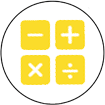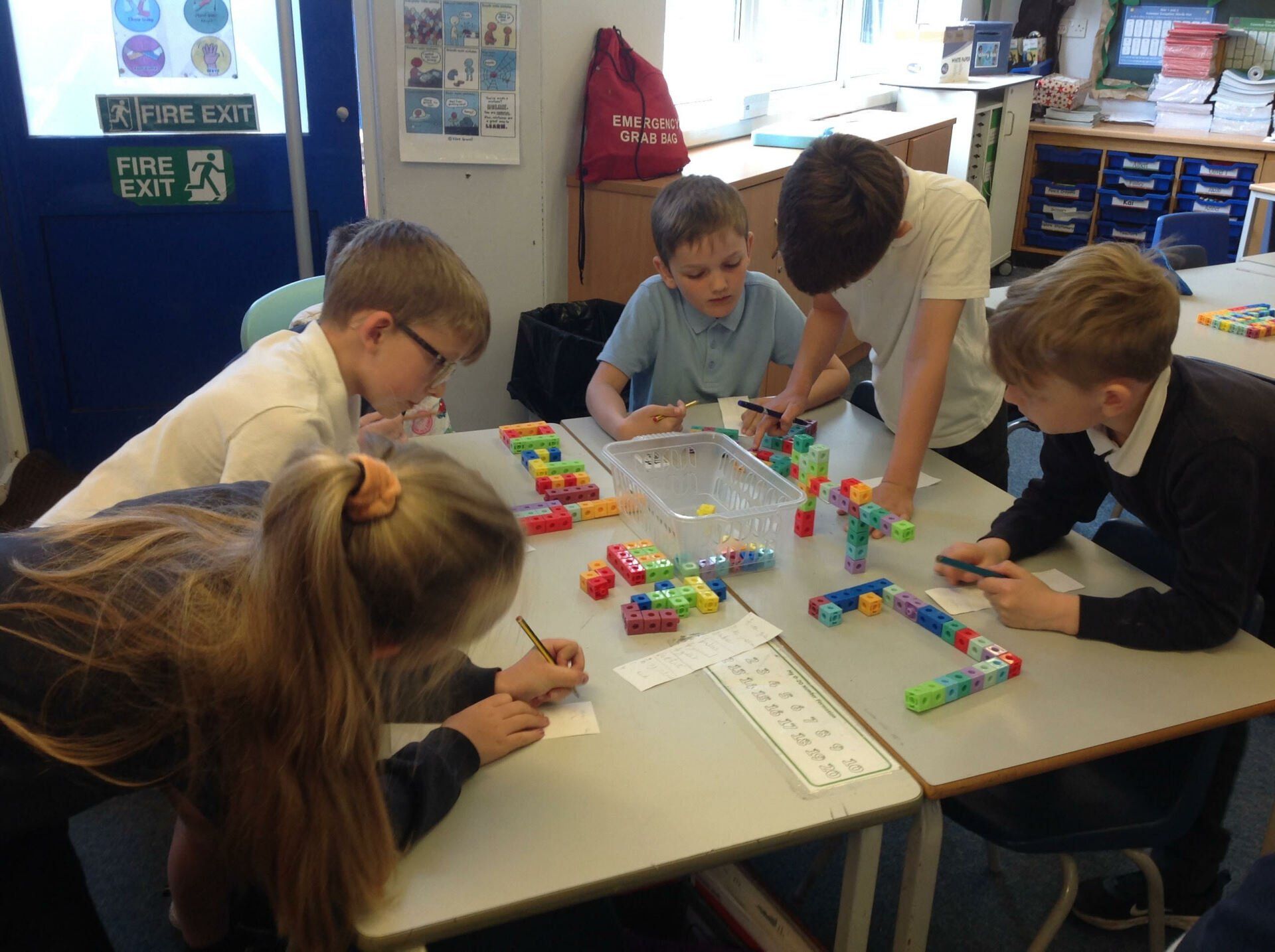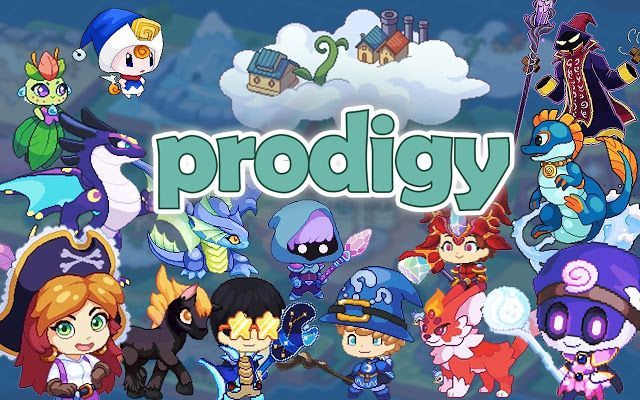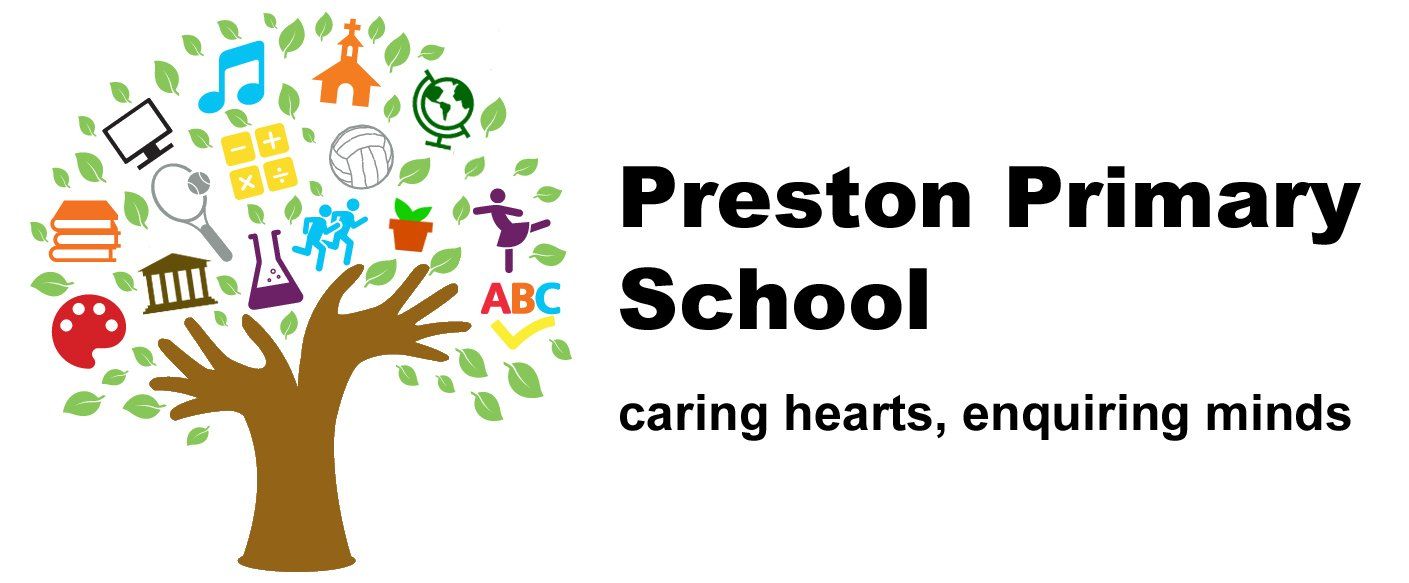
Maths
'The only way to learn mathematics is to do mathematics' - Paul Halmos
Our Approach to Teaching Maths
At Preston Primary School we believe that all pupils can succeed in Maths. We don't believe that there are individuals who can do maths and those that can't. Instead, all children are taught to have a positive mind-set to Maths and engage in stimulating and challenging lessons.
Throughout the school we support a mastery approach to teaching and learning which meets the aims and objectives of the National Curriculum. To enhance this further, in KS1 and KS2, we follow White Rose Maths which allows us for depth of understanding in the key concepts of Maths.
Speaking and Listening is a big part of mathematical learning environment and we aim to give children the confidence to talk about how and why they have used strategies.

Our aims in Maths are to ensure that all pupils:
- Become fluent in the fundamentals of mathematics so that all pupils develop conceptual understanding and the ability to recall and apply knowledge rapidly and accurately.
- Can identify, understand and apply relevant mathematical principles and make connections between ideas.
- Can explore and demonstrate mathematical ideas through the use of concrete, pictorial and abstract approaches that help cement knowledge so that pupils truly understand what they have learnt.
- Gain a deepened, conceptual understanding of mathematics. Pupils are given time to fully understand, explore and apply ideas rather than accelerate through new topics. Challenge comes from investigating it in new, alternative and more complex ways.
- Confident in talking about their maths using full sentences as a way of building mathematical language and reasoning.
- Are confident and resilient mathematicians with a growth mind set and a love of learning in mathematics.

Maths at home
Times Tables Rock Stars
A good understanding of times tables can really help children in all areas of maths. Times Tables Rock Stars is a game designed to help children learn their tables in a fun and engaging way. They will even earn certificates as they get better (if they are playing in Studio mode). The Soundcheck game mode is designed to mirror the Year 4 Statutory Multiplication Check and is a great way to build their confidence in preparation for this. If they are playing this game at home, we ask that you please encourage them not to press the enter button and use the full time available (6 seconds) to check they have inputted the correct answer.
Your child should have a log in from school to play this game at home. If they have lost theirs, please get in touch with their class teacher.
Prodigy
www.prodigygame.com
Prodigy is a maths-based ‘pokemon-style’ game where children have to answer mathematical questions in order to win ‘battles’. When your child plays Prodigy, they'll master curriculum-aligned maths in a safe, fun and secure environment. Your child should have a log-in from school to play this game at home. If they have lost theirs, please get in touch with their class teacher.

Brilliant Baking
Baking or cooking at home is a great way to reinforce maths learning, whilst also practising reading skills.
Not only does baking give children a practical way or reinforcing their understanding of weight and measure, it can also help to develop their understanding of fractions. You could take a look at a recipe together, focusing on how many servings the recipe will make. Then, discuss how you could increase or decrease these quantities, asking questions along the lines of: “We need 350g of flour for this recipe; how much would we need if we were going to make ⅓ of the cookies?”.

Board games and card games
There are so many benefits of playing games as a family. Playing games can also be great for developing skills which can help children in their maths. For young children, board games can improve counting, recognise different numbers and find one more or less than a number. Card games, such as Top Trumps, also help children compare heights, weights and dates and can build lateral thinking. Games which involve strategic play can be great for developing problem solving skills and resilience - both of which can be useful when solving difficult maths problems.

BBC Bitesize
Key Stage 1:
www.bbc.co.uk/bitesize/subjects/zjxhfg8
Key Stage 2:
www.bbc.co.uk/bitesize/subjects/z826n39
BBC Bitesize has a range of videos, activities and games to help children practise their maths at home. These are divided into year groups and cover a range of different mathematical topics. These are a great way to help your child revise maths units which have been taught in school.










